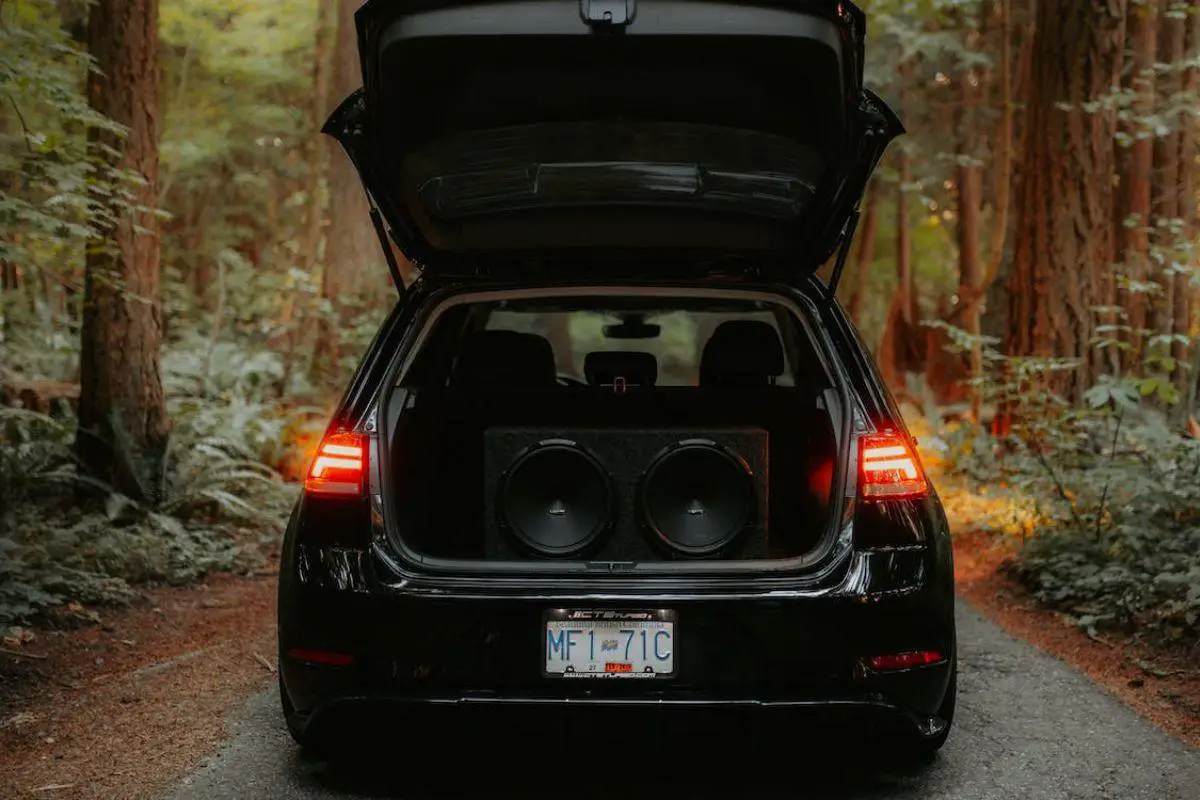Ready to up your audio game? It’s all about understanding wattage and finding the sweet spot between power and sound quality. As an audiophile, you know that having speakers with enough juice is essential for creating an awesome sonic experience. But how much watts do you need? Just how many watts is a good speaker? Keep reading to find out.
1. The Magic behind Speaker Watts
Speakers can be the source of auditory pleasure, but their quality is determined by wattage. Wattage conveys how much power a speaker has to generate sound. Although one might assume that increased watts equate to superior audio quality, it’s actually more complicated than that. Sound quality is not all about wattage but also depends on the overall build quality of a speaker.
2. Understanding Power Requirements
The power requirements of speakers vary depending on their purpose and usage. For instance, a small bookshelf speaker designed for personal listening in a bedroom may require significantly fewer watts compared to a powerful floor-standing speaker meant to fill a large room or venue. It’s important to match the power capabilities of your speaker to your specific needs.
3. Finding the Sweet Spot
Finding the perfect balance of watts for your speaker is essential. Too little power can create a distorted and dissatisfying sound, while too much wattage can overload components and cause damage. You want to get a loudspeaker that meets your audio needs without compromising clarity or risking destruction.
4. Speaker Efficiency Matters
Apart from wattage, another factor that affects overall performance is speaker efficiency. Efficiency refers to how effectively a speaker converts electrical power into sound energy. Speakers with higher efficiency ratings can produce louder volumes using less power. This means that even speakers with lower wattage ratings can deliver an impressive audio experience if they have high efficiency.
5. Room Acoustics and Speaker Placement
It’s essential to think about the environment your speakers will be in – size and acoustics of the room can make a major difference in sound loudness and quality. For larger spaces, you may need to pump it up with higher wattage speakers for optimal volume levels and coverage. Placement is key too – strategically positioning them can maximize their performance.
6. Quality over Quantity
When shopping for speakers, wattage is certainly a factor to consider; however, it’s not the only aspect that will determine audio quality. To guarantee an incredible listening experience, look for reputable brands with proven records of delivering superior sound solutions. It all comes down to speaker components and construction—as well as engineering prowess. So don’t settle for anything less than the best!
How Many Watts Is a Good Bluetooth Speaker?
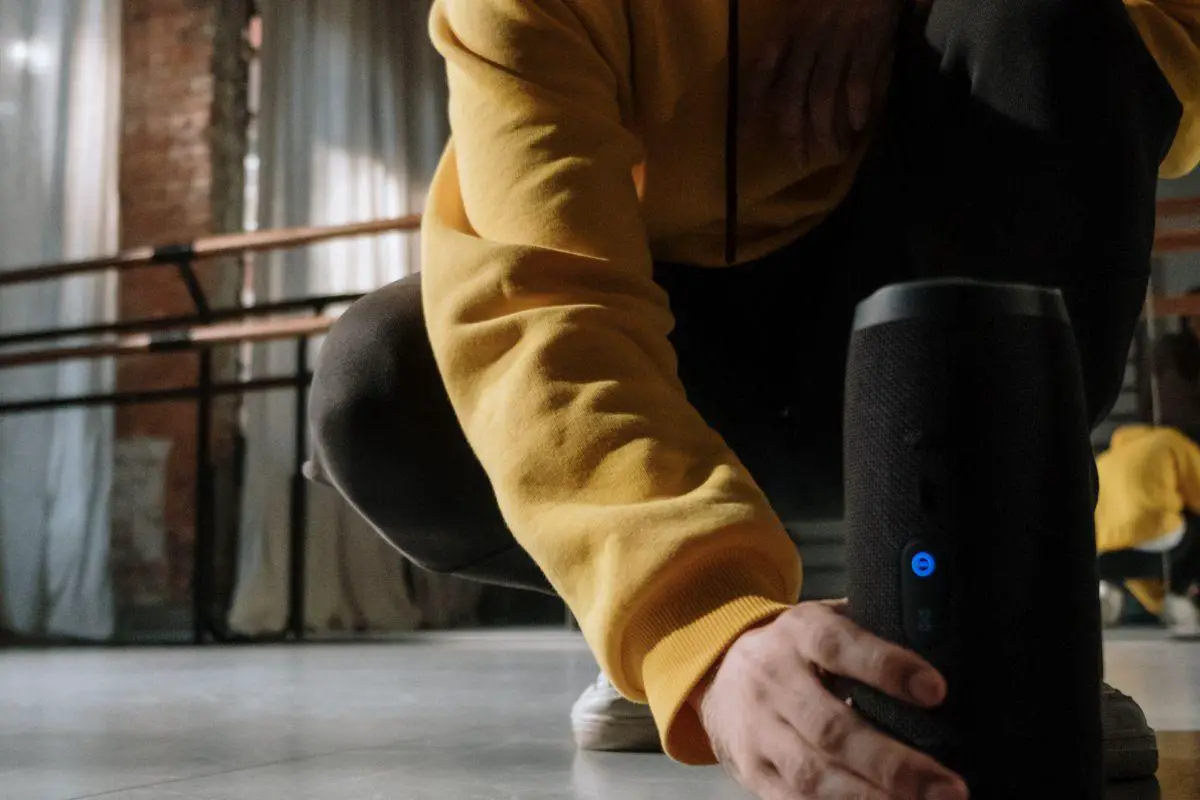
Determining the ideal wattage for a Bluetooth speaker depends on various factors, including your listening preferences and the intended use of the speaker. Here’s a brief discussion on how many watts are considered good for a Bluetooth speaker:
Bluetooth speakers are designed to provide portable and wireless audio solutions, often catering to personal or small group listening experiences. In general, a good Bluetooth speaker typically ranges between 5 watts and 50 watts of power.
From cranking it up in your bedroom to taking the party on a road trip, Bluetooth speakers with low wattage (5-15W) are ideal for personal use. Whether you need some background jams for an office setting or want to blast out bangers on vacation, these compact and energy efficient devices have got you covered – plus, their sound quality holds up even at higher volumes! With these speakers by your side, there’s no limit to how far those beats can take you.
If you’re looking to get lost in an audio-adventure and really turn up the volume, then grab one of those Bluetooth speakers with wattages between 15 and 30 watts. These bad boys will fill a room or be heard from miles away at your next outdoor bash – no doubt! Don’t let its size deceive you; these powerhouses can amp up your tunes like nothing else! Whether it’s EDM, hip hop, rock n’ roll or pop music that gets your blood pumping – crystal clear sound is guaranteed for sure.
How Many Watts Is a Good Speaker with Bluetooth for a Large Room?
If you’re after a real power-up and sound that’ll fill the whole room, Bluetooth speakers with more than 30 watts, even up to 50 watts, can give you an intense audio experience. These are perfect for bigger gatherings or outdoor events where louder volumes need to be maintained for clear sound quality. Plus – if it’s something special you’re looking for – think hip hop beats at your beach BBQ or pop bangers blasting on a night out in the city – these bad boys have got your back!
It’s essential to take into account more than just wattage when judging the audio quality of a Bluetooth speaker. Besides construction, driver size and sound tech, evaluating reviews and personal listening tests can give you valuable insights before investing in one.
Ultimately, it depends on your needs and preferences as well as the environment where you’ll be using it – if you’re having friends over for a movie night or want something that can keep up with your tunes at an outdoor party? All these elements should factor into your decision-making process!
How Many Watts Is Good for Car Speakers?
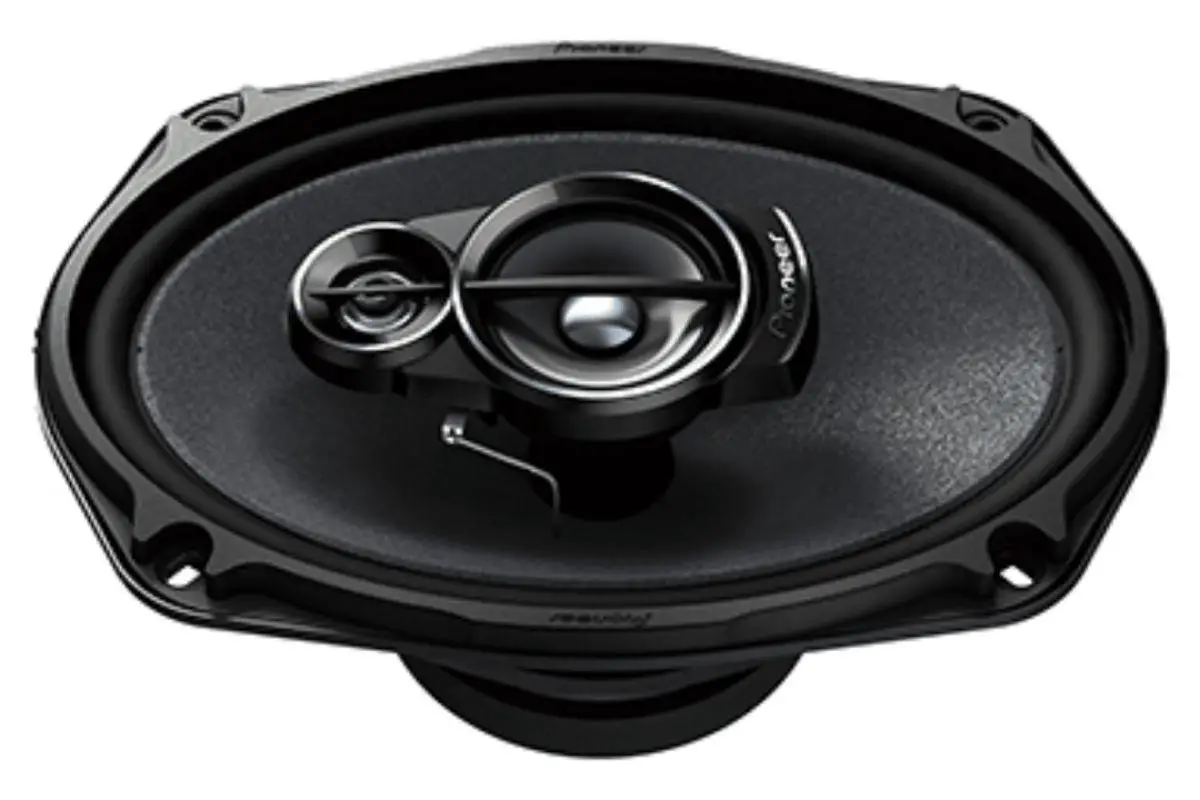
If you’re looking for the optimal wattage range to power your car speakers, it depends on various factors. The size of your vehicle and audio system setup will influence the amount of watts needed for a quality listening experience – but it also comes down to personal preference.
Generally speaking, 40-80 Watts RMS per channel should provide plenty of oomph in any ride. To get that extra kick though, consider swapping out factory speakers with some aftermarket speakers, subwoofers or tweeters for a truly banging sound system!
For most car audio systems, speakers with wattages ranging from 40 to 60 watts RMS per channel are considered suitable. These speakers can provide clear and balanced sound reproduction at moderate volumes, delivering an enjoyable listening experience for everyday driving.
If you desire a more powerful and dynamic audio performance, car speakers with wattages between 60 and 80 watts RMS per channel are a good choice. These speakers can handle higher power inputs, allowing for louder volumes and improved bass response. They are ideal for audiophiles who appreciate a more impactful and immersive audio experience while driving.
What to Keep in Mind When Choosing Wattage for Car Speakers
It’s key to remember that the wattage of car speakers must be compatible with the amplifier or head unit powering them. If they’re not matched correctly, it could lead to distorted sound quality – or even worse, damage the speakers. To avoid any potential issues, ensure your audio system is perfectly in tune when it comes to power output and capabilities.
Think of it like a jigsaw puzzle – if you want the pieces (in this case: speaker & amp) to fit together smoothly, they should match in size and shape! Plus, no one likes those frustratingly low-quality tunes cranked up too loud – so keep an eye on how much juice each component can handle for optimal listening pleasure.
It’s essential to do your research when seeking the best car speakers. Look into model reputations and customer reviews, plus if possible take a personal listening test – all of which can influence sound quality. Construction materials, crossover design; these factors must be taken into account too.
To get the most out of your purchase it helps to think like an audiophile and consider every detail from speaker construction to word-of-mouth recommendations – just like how you’d pick out new kicks or search for that perfect vintage bag!
Choosing the right wattage for car speakers is essential to ensure a pleasant audio experience while driving. Whether you prefer intense bass or sharp trebles, size of your vehicle and desired sound performance should also be taken into consideration when selecting the power output.
So how many watts is a good speaker for car audio? Aiming for 40-80 watts RMS per channel offers a good balance between power, clarity, and overall enjoyment – just like finding that sweet spot with equalizer settings on your favorite streaming platform. With these specs in mind, you’ll be able to cruise around town blasting top hits without sacrificing sound quality!
How Many Watts Is Good For a Party Speaker?
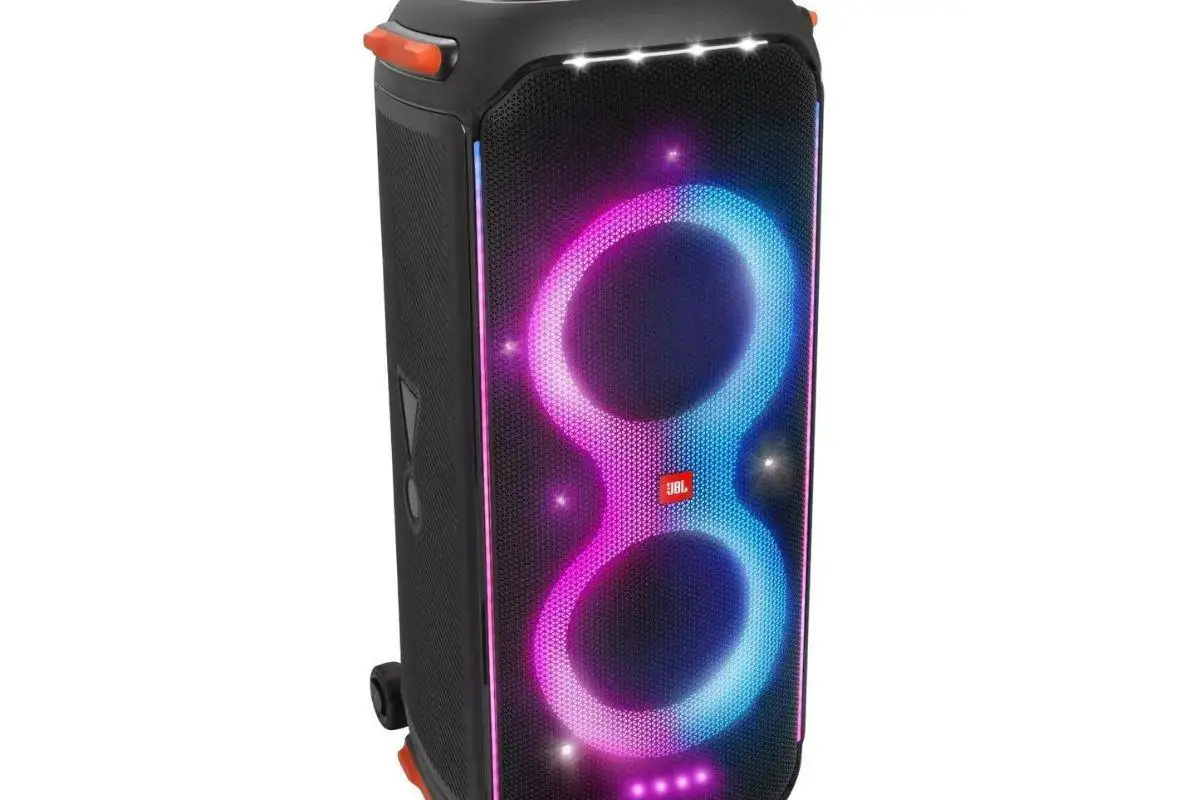
When it comes to partying, having a quality speaker is essential for an epic night. With higher wattage being desirable for powerful sound that will fill the whole space, what’s considered good? Generally speaking, party speakers with wattages between 200 and 1000 watts are your best bet.
For smaller spaces or gatherings of moderate size indoors, look towards ones in the 200-500 watts range – this should be enough volume to keep everyone entertained. If you’re throwing a larger event outdoors though, something in the 500-1000+ range might be necessary if you want to overpower ambient noise and reach further distances.
But remember: Wattage isn’t everything when it comes to sound performance or clarity! Sensitivity levels of the drivers used as well as frequency response also play key roles; consider speakers equipped with built-in amplifiers and subwoofers too, so you can get more out of each beat drop at your next shindig – they’ll provide even better bass response plus create an immersive experience all around. Ultimately, choosing which one fits your needs depends on venue size/number of attendees/desired volume level… but opting for any within this range should ensure rocking tunes that will have people dancing ’till dawn!
How Many Watts Is a Good Home Theater System?
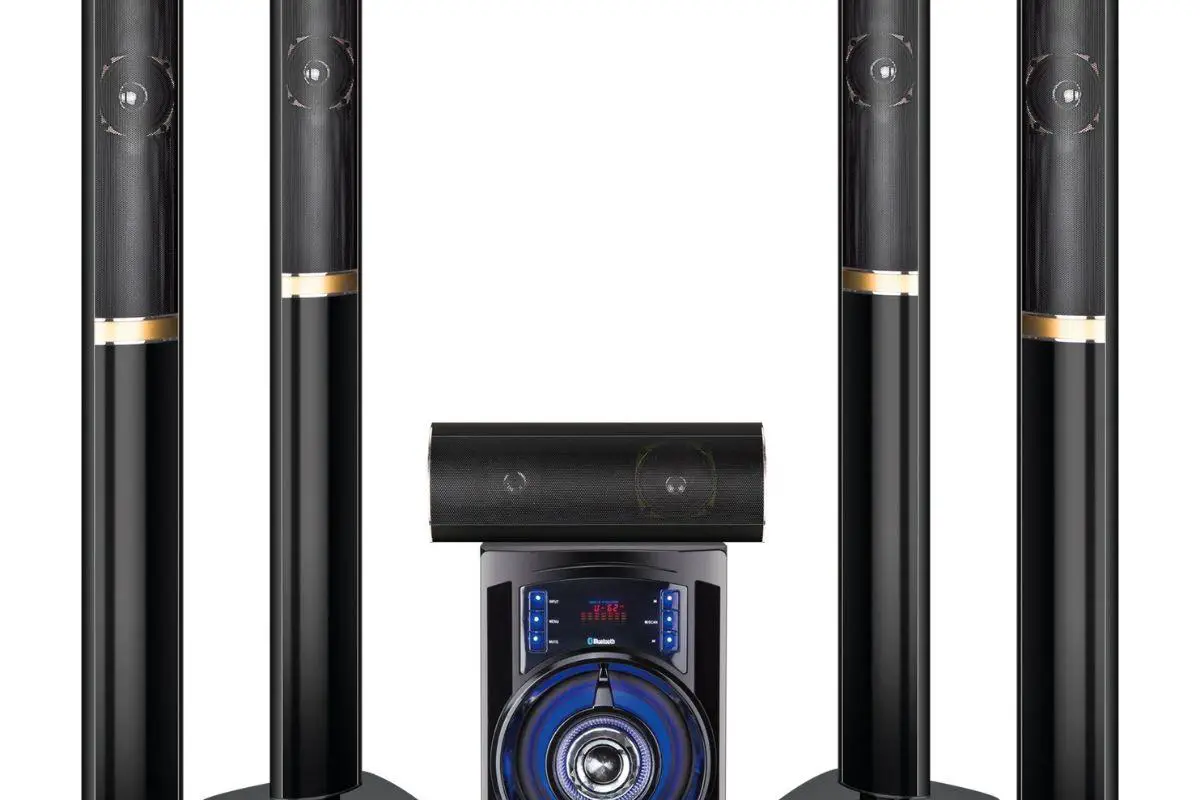
When it comes to creating a home theater system, the wattage you need for an optimal sound experience is determined by your desired listening volume, room size and individual tastes. But how many watts do you really require?
Generally speaking, a range of 500-1500 watts is considered optimal. But it’s important to remember that wattage isn’t everything – speaker sensitivity, amplifier efficiency and number of channels all play vital roles in delivering quality sound.
For more modestly sized rooms or if you’re just looking for decent sound quality without breaking the bank, anything between 500-800 watts should be sufficient enough to get clear dialogue and balanced tones with some low frequency effects thrown in there too.
On the other hand, if you want something loud enough to fill even larger spaces with impactful bass and crisp highs, then 1000+ Watts may be what you’re after! As always though, make sure these are evenly distributed across each channel, otherwise your left rear speaker might end up being blown away by its louder siblings (not literally…well maybe).
In addition, don’t forget about other factors such as driver size & type which help bring out richer details from music or movies – almost like having Dolby Atmos but at home! Ultimately, when selecting a system for yourself take into account both power output as well as overall build quality so that way every time someone says ‘lights down’ they know exactly what kind of movie night awaits them.
Conclusion
So, how many watts is a good speaker? The answer lies in understanding your unique requirements, the size of your listening space, and the desired audio experience. Finding the sweet spot between power and sound quality is crucial for a captivating auditory journey. Remember to consider factors like efficiency, room acoustics, and speaker placement while focusing on the overall quality of the speaker system. With these insights, you’re now equipped to embark on your quest for the perfect watts to unlock an extraordinary audio experience like no other!
Also read:
Best 5.25 Speakers – Top 7 Reviews and Buying Guide
Peak Power to RMS Calculator – 100% Free Online Tool
What Makes A Good Audio Speaker? 9 Factors Explained

Kenny Owen is an acclaimed audio expert and longtime enthusiast with a deep passion for sound technology. With over 15 years of experience in the car and home audio industry, Kenny has established himself as a trusted authority on everything from speaker setups and amplifier configurations to the latest audio equipment and innovations.
Through his engaging writing style and meticulously researched articles, Kenny shares his vast knowledge on optimizing audio systems for superior sound quality. He provides in-depth tips and tricks for achieving the best listening experience, whether it’s tuning a car’s audio system for an immersive musical journey or creating a high-fidelity home theater setup. Additionally, Kenny’s comprehensive buying guides empower readers to make informed decisions when investing in audio components, ensuring they get the most bang for their buck.

Kenny Owen is an acclaimed audio expert and longtime enthusiast with a deep passion for sound technology. With over 15 years of experience in the car and home audio industry, Kenny has established himself as a trusted authority on everything from speaker setups and amplifier configurations to the latest audio equipment and innovations.
Through his engaging writing style and meticulously researched articles, Kenny shares his vast knowledge on optimizing audio systems for superior sound quality. He provides in-depth tips and tricks for achieving the best listening experience, whether it’s tuning a car’s audio system for an immersive musical journey or creating a high-fidelity home theater setup. Additionally, Kenny’s comprehensive buying guides empower readers to make informed decisions when investing in audio components, ensuring they get the most bang for their buck.
